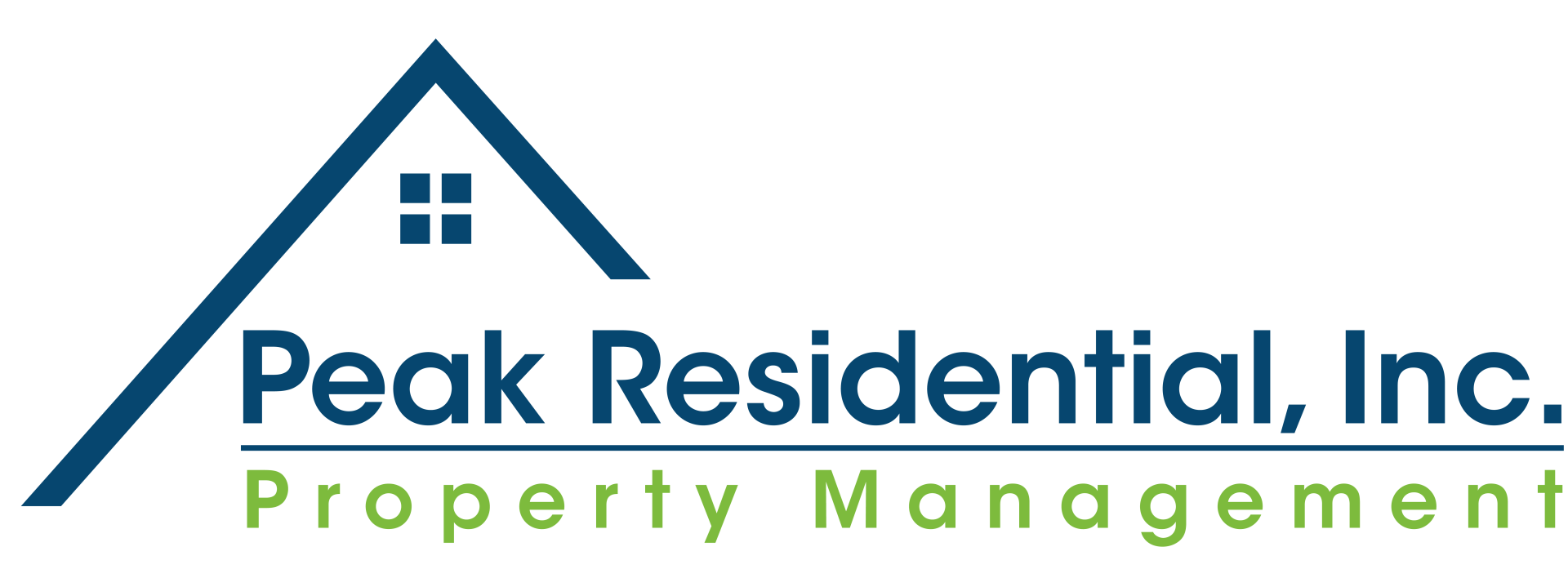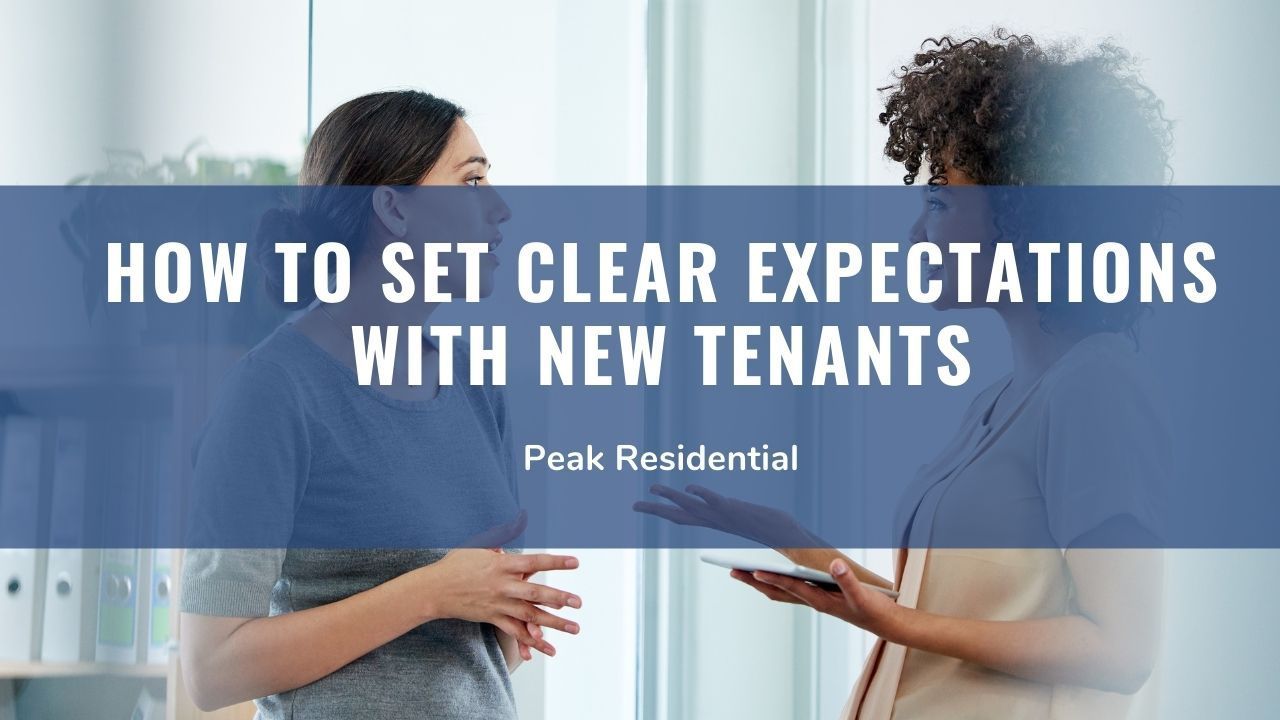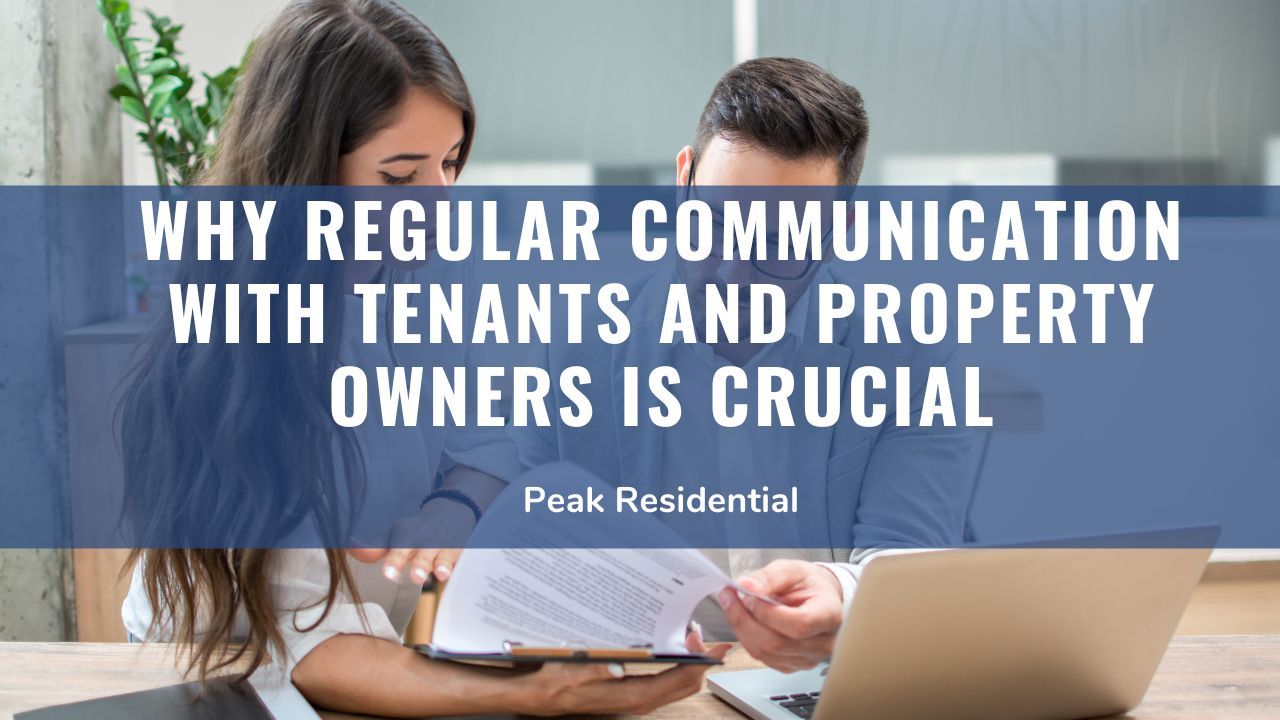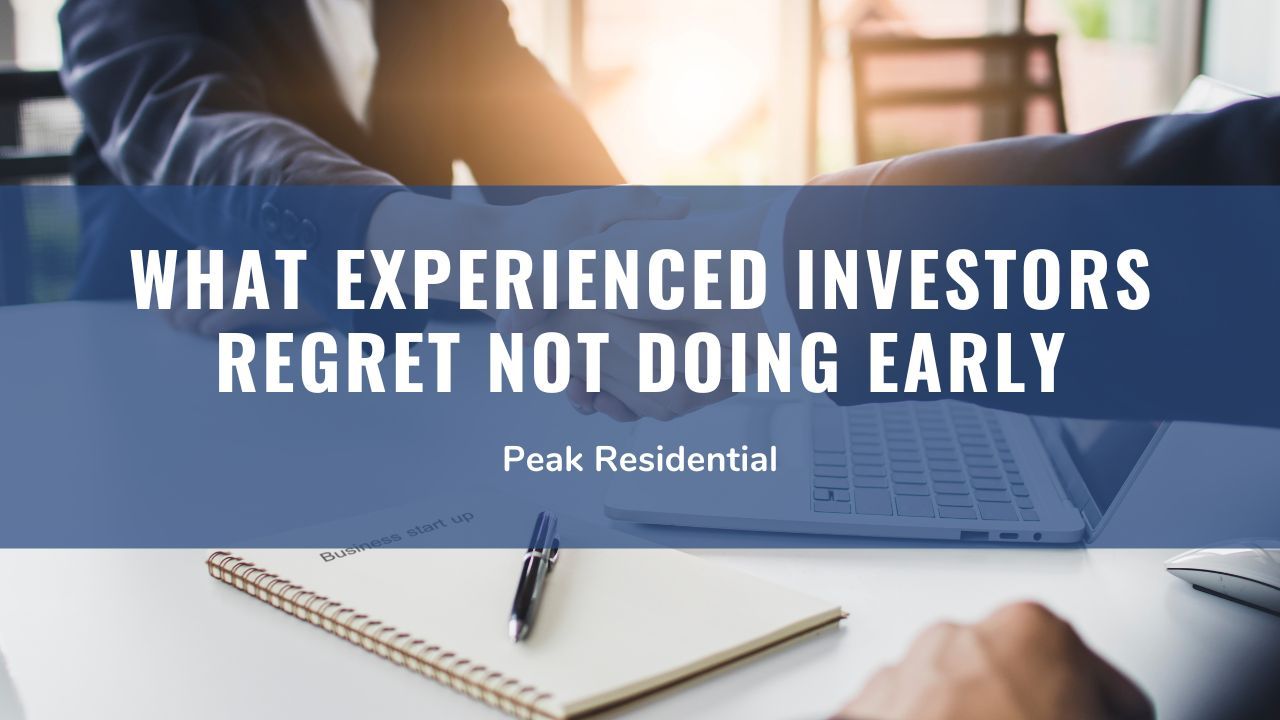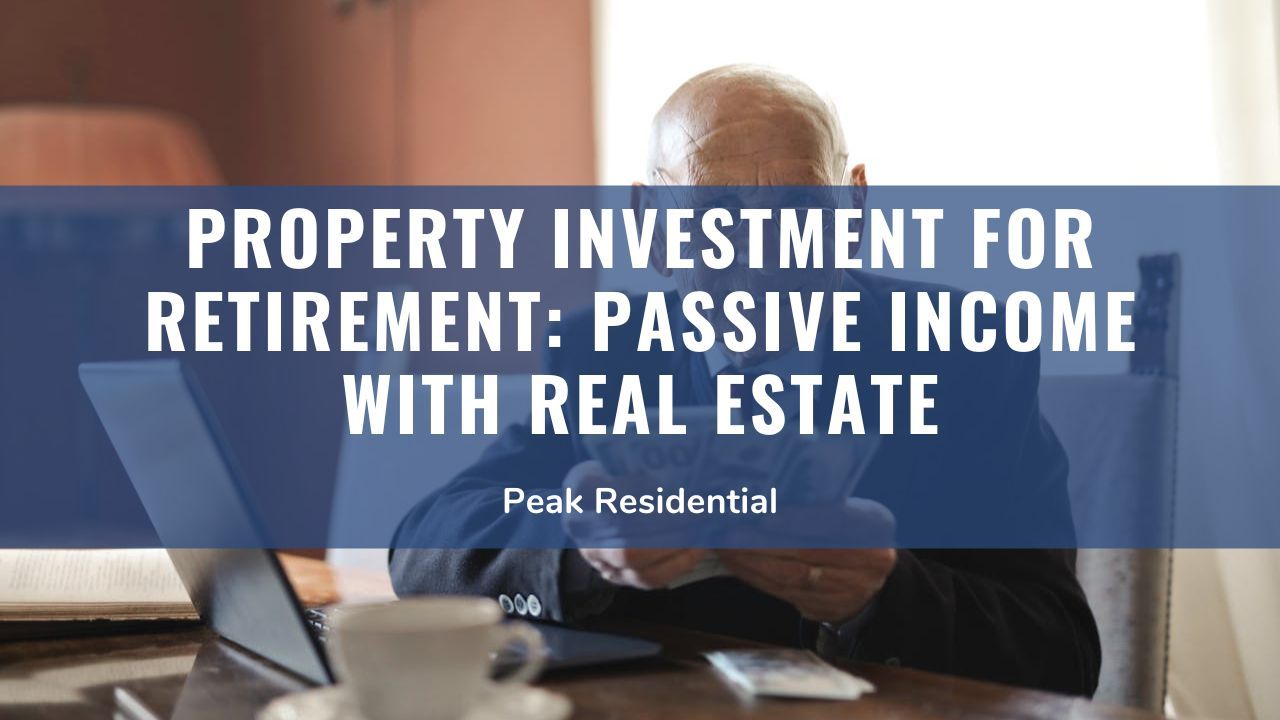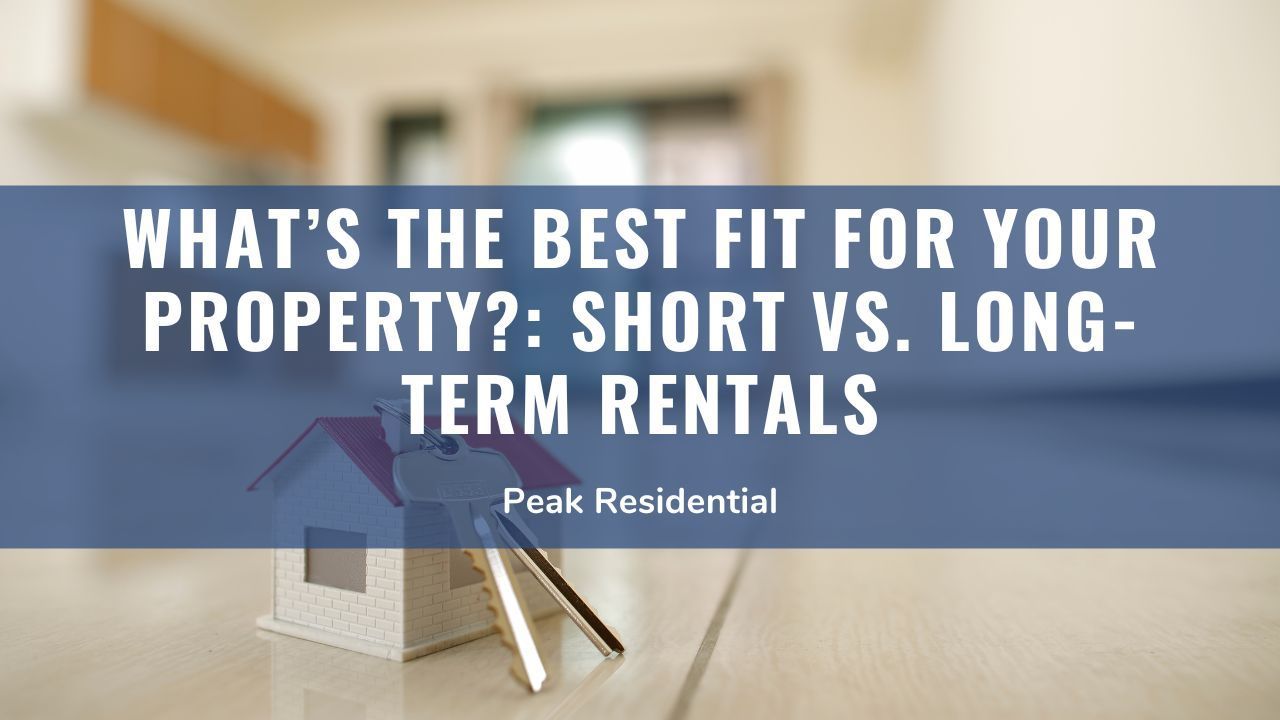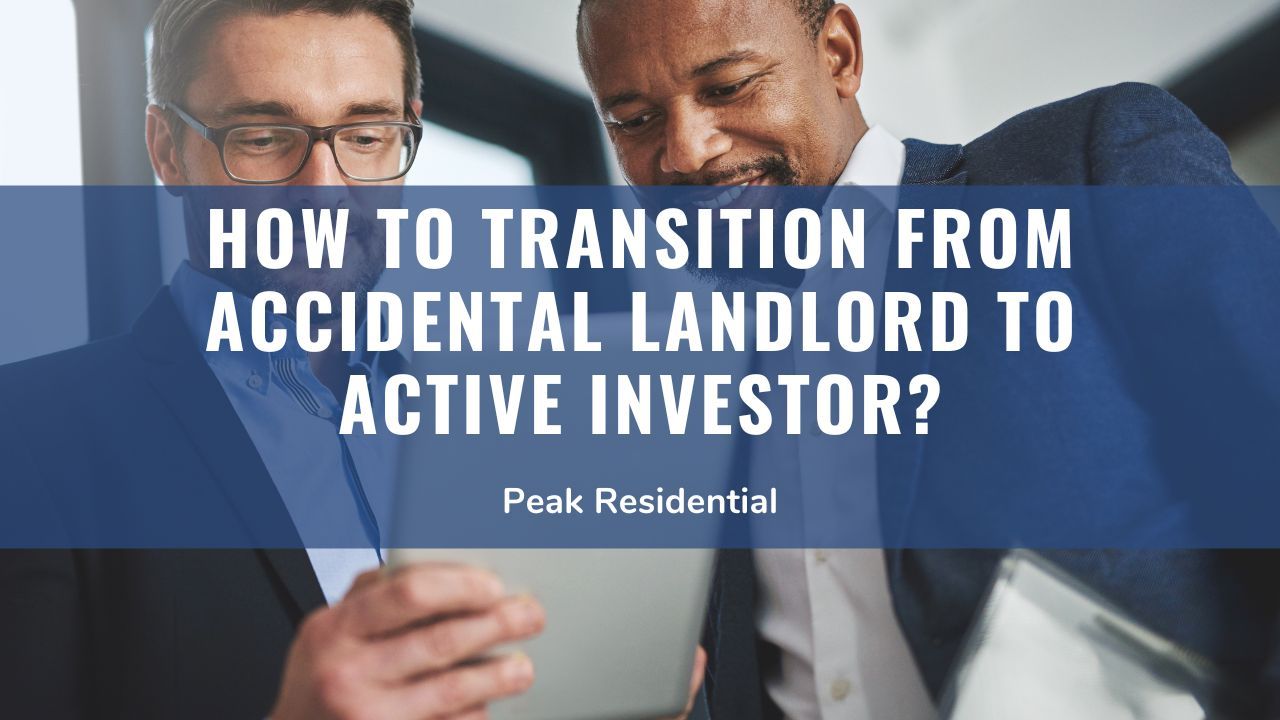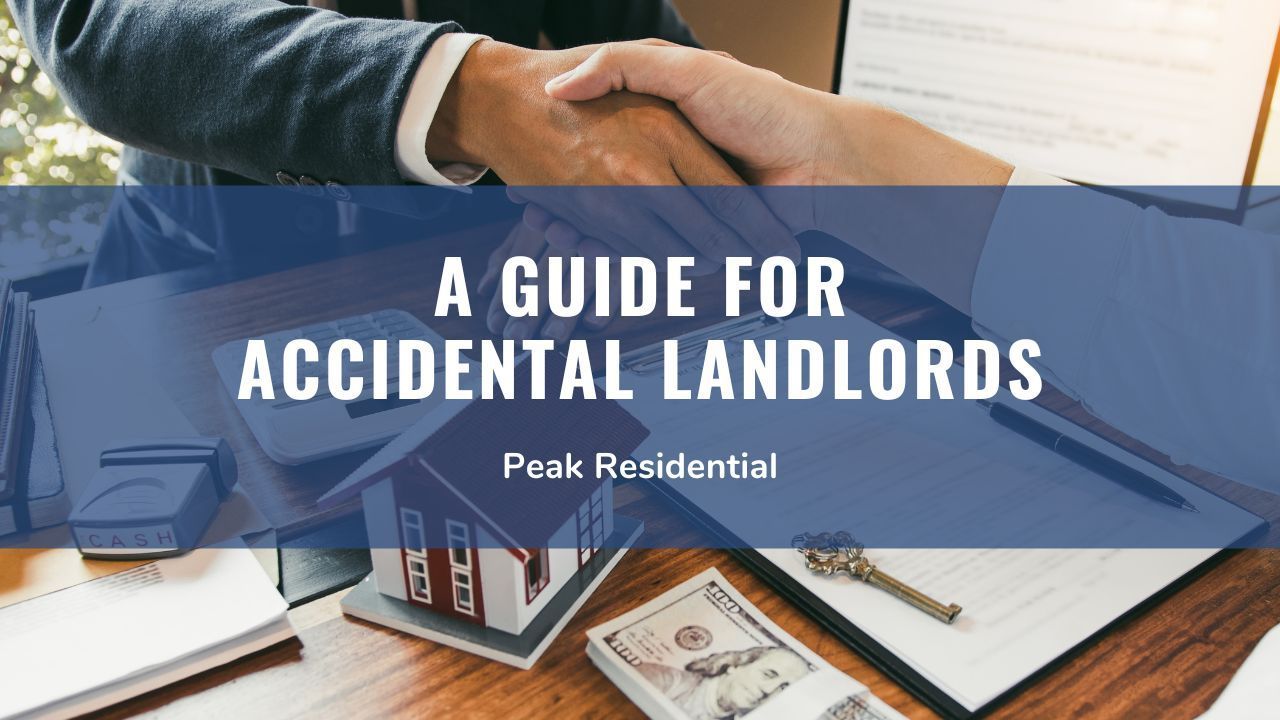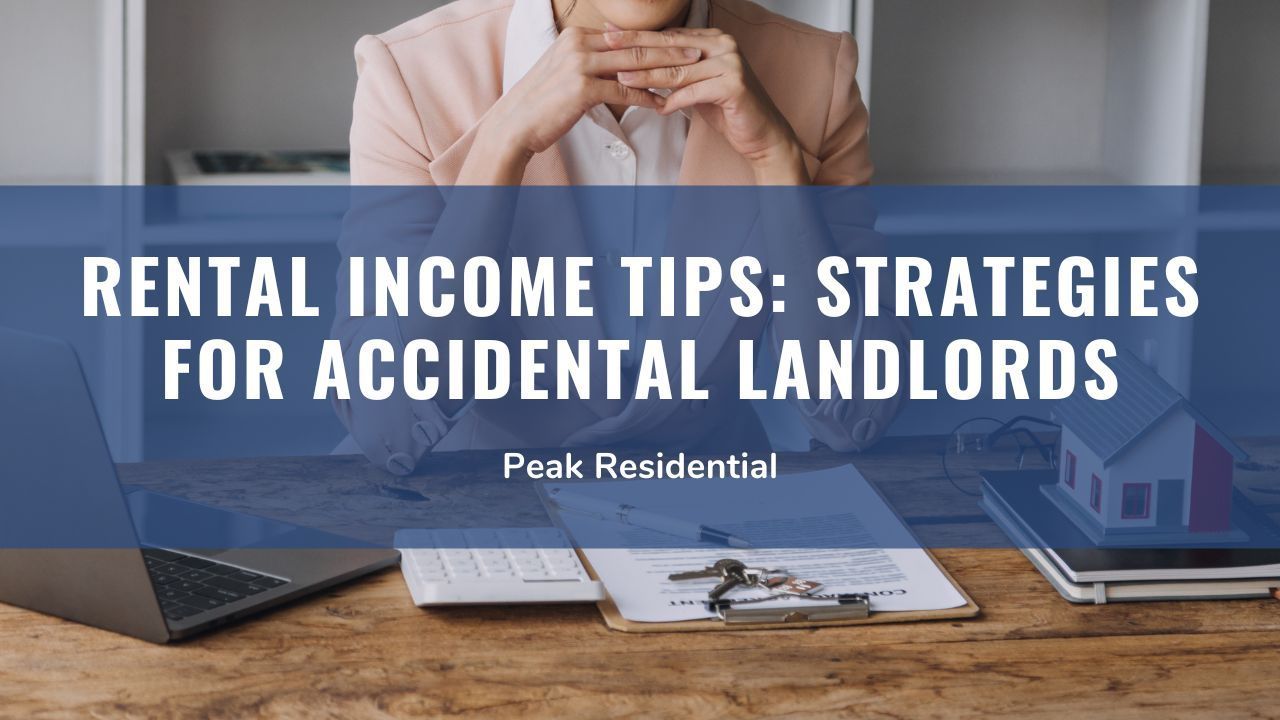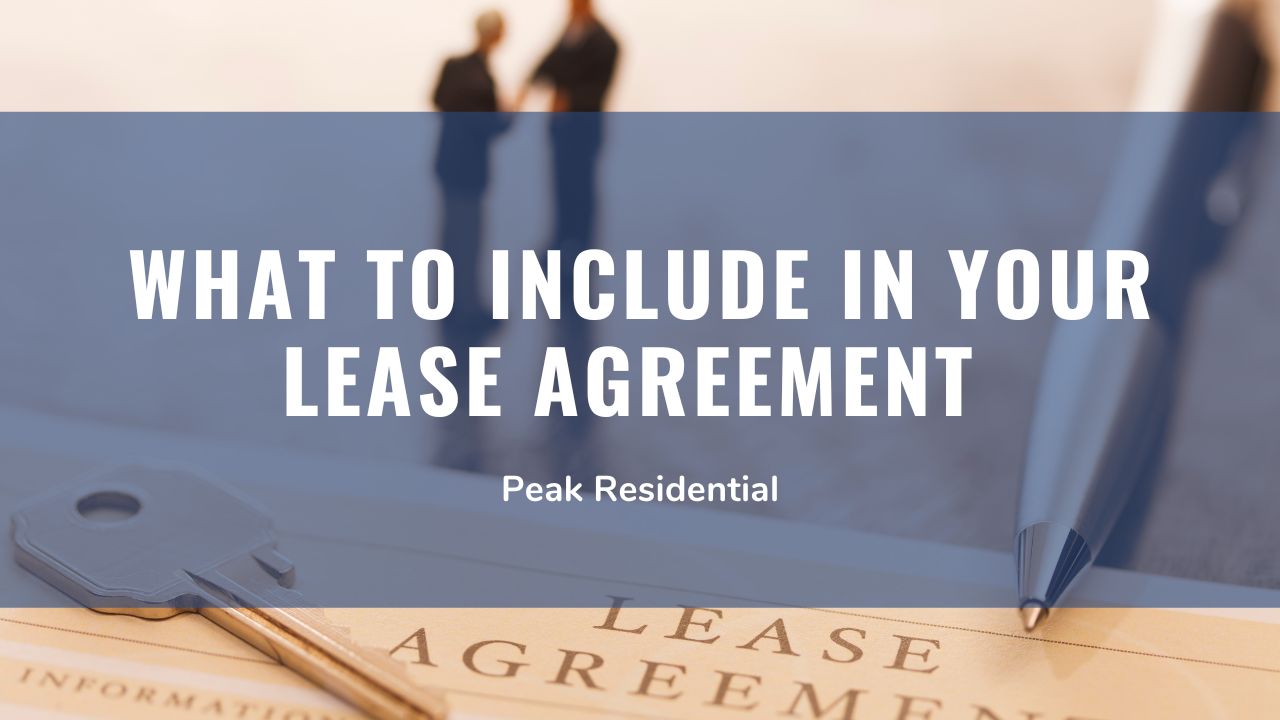
Similar to other important rental documents like the estoppel certificates, a lease agreement is crucial to the successof your rental. A lease agreement is a document that legally binds you to your renters.
Giving both you and them certain rights and responsibilities both under the law and specific to the lease itself. This is incredibly important as, without a lease, you have no legal right to make demands of your tenant - such as paying rent.
When you write up a lease agreement for your rental home it must be solid, as you are setting the rules that you have for your tenants, as well as what they can expect from you as a landlord - especially if you're new or a DIY Landlord.
But this document is not a simple one. Sure, you can use one of the templates freely available online but they may not cover everything you need to ensure your rental runs smoothly. So, to help you in this regard, we at Peak Residential have put together the following article that will hopefully show you what you should include in your lease.

Important Inclusions to your Lease
There are many clauses and topics that are important to include in a solid lease agreement. To help you get started, here are some of the most important ones:
The Legal Names of All Tenants
When you include the full names of each and every adult tenant in your property, you are ensuring that all the specific renters will be legally held responsible for upholding their obligations regarding the home.
Its also critical for you to know who is renting your home from the perspective of occupancy limits. So having the legal names of everyone living in the property is very useful.
Tenant Limits
Your lease agreement should state that the rental unit may only be occupied by those who have signed the lease, and any children under 18 that may also be present. This means that you will always have the legal right to control who lives in the rental home and you will be able to limit the number of tenants living in the unit.
Length and Terms of Tenancy
In every rental document you write up and sign as a landlord, it should be clearly stated whether you are writing a rental agreement or a fixed term lease. But what is the difference between these two tenancy terms?

A rental agreement will usually operate month-to-month and renew automatically unless terminated by the landlord or the tenant.
A lease, however, will have a set end date, typically within one year of the signing. As a landlord, your choice should be based on how long you wish for your tenant to remain in the property and how much flexibility you want your arrangement to have.
Rent Value
Your lease agreement should clearly state the cost of rent, when it will be due, and how you wish for it to be paid. It is important to leave no room for confusion with your tenants when it comes to rent payment, as this will help you avoid disputes and legal issues with your renters and keep them happy.
Be sure to include details such as which payment methods you accept, and whether or not you will charge a late fee if the rent is not paid on time.
Fees and Deposits
While requiring a security deposit from your tenants is a great way to protect yourself and your property, it may be the source of contention between your and you tenants. To avoid these conflicts and legal issues, you should include the following important details regarding deposits.
- The amount that you are charging for a security deposit (make sure that this amount adheres to your state security deposit laws)
- How the deposit may be used upon move-out (ex. Excessive damage to the unit) and how the tenant may not use the deposit (ex. Applying it to the cost of their last month’s rent)
- When the deposit will be returned to the tenant, and how.
- Any non-refundable fees involved
You should also include any details on where the funds will be held during the tenancy.

Maintenance and Repairs
The best way to avoid conflict with your tenants is to clearly state in the lease agreement what you and your tenants’ respective obligations are regarding the property’s maintenance and repairs. Make sure to include the following details:
- The tenant’s responsibilities regarding the cleanliness and upkeep of the property, including their obligations to pay for any damage due to abuse or neglect. Be advised that you cannot charge your tenant for the "normal wear and tear" of fixtures, fittings or appliances.
- The tenants’ responsibility to notify you of any repairs needed
- Restrictions on what repairs or alterations can be made by the tenant.
Entering the Property
To avoid violating your tenants’ rights to privacy, you should clearly state your legal right to access the property in the lease agreement. This includes how much notice you are required to give the tenant, or what circumstances allow you to enter the home (ex. Emergencies or repairs). Making sure this is clear is a great way to keep great lines of communication with your tenant.
Most states will have their own rules regarding this topic, so be sure to check your local laws. In many states, landlords are required to give their tenants 24 hours’ notice before entry.
Illegal Activity
To prevent issues with your tenants like lawsuits, angry neighbors, or property damage, it is important to include specific clauses that prohibit destructive practices (ex. excessive noise on the property) or illegal behavior (ex. drug dealing) on the property.
Pet Policy
Your lease should be clear regarding what your pet policy is for your rental home. If you allow pets on the property, clearly state any regulations regarding them, including the amount or size of pets permitted. If you do not allow pets, clearly state this in the lease.
Bottom Line
Crafting a solid lease agreement is critical to the operation of your rental property. Without one, you could be faced with missed rent payments or an over-occupied property, with a very difficult legal path to resolution. So, as a landlord, you should want to craft a lease agreement that is both clear and binding.
If you’re unsure about how to do this or if you have any other questions about managing your property, contact us at Peak Residential today!
